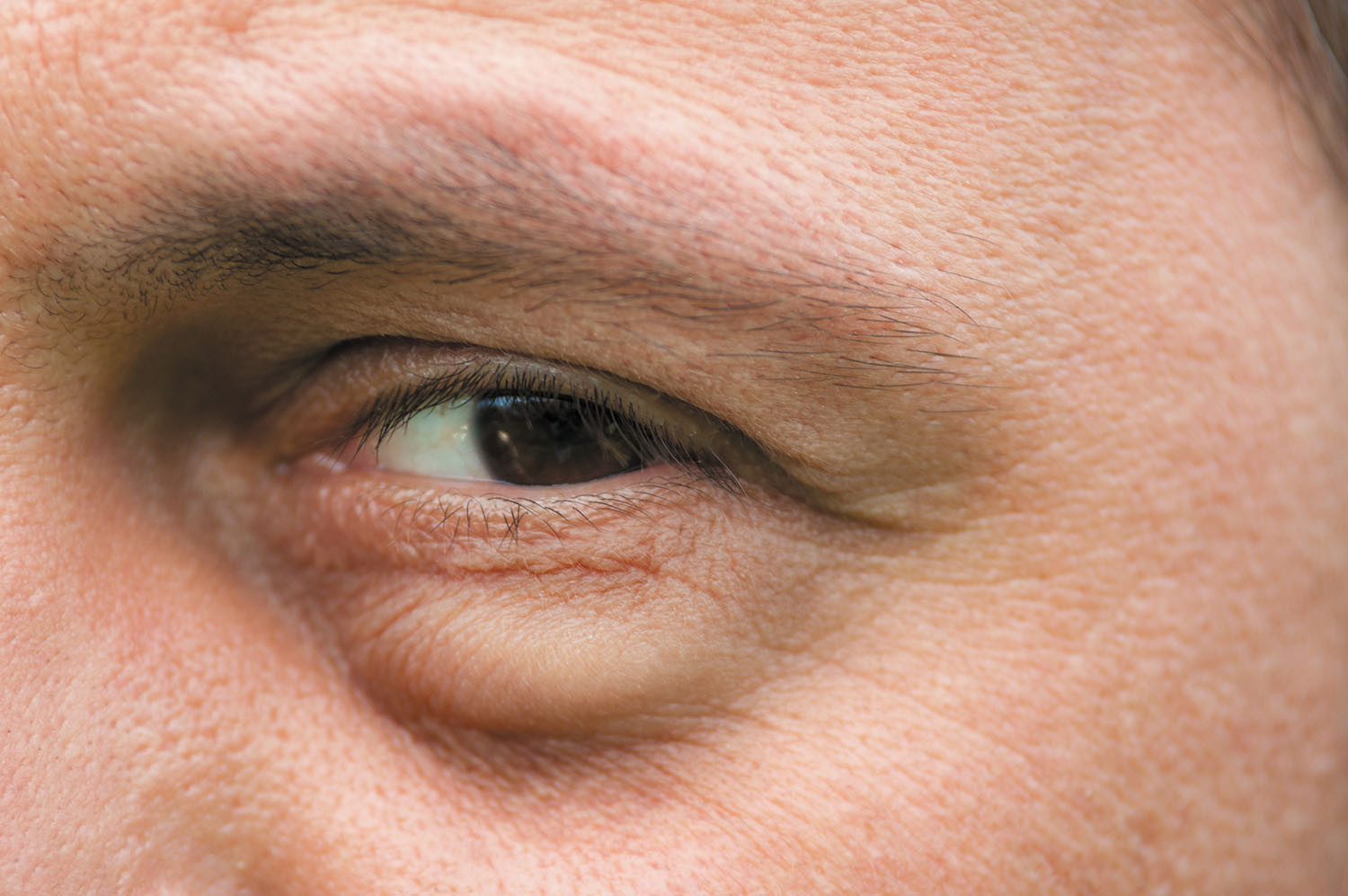
New thinking about plaque in arteries that feed the brain

Want to prevent shifting teeth? Maybe you need retainers

What you need to know about the new dietary guidelines

Food that’s healthier for people and planet can be cheaper, too

New evidence that polyphenol-rich foods help the heart

8 simple ways to reduce ultra-processed foods in your diet

How to curb your stress eating

How to spot Parkinson’s disease symptoms

Heart failure symptoms in women: How they’re different

GERD diet: Foods to avoid to reduce acid reflux
Staying Healthy Archive
Articles
Supplements to prevent heart disease and cancer not justified
You don't say? Under eye bags and dark circles
I recently became vegan. Should I be concerned about iron-deficiency anemia?
Vegetarians can ensure they are getting enough iron in their diets by eating iron-rich foods such as beans, tofu, and dark leafy greens.
Top causes of blood clots in the legs and how to avoid them
A vaccine that can prevent shingles
CDC initiative aims to prevent injuries in older adults
Can a daily scoop of collagen powder really improve your skin?
Battle of the bulges
Look inside your heart
Green leafy vegetables offer a leg up on muscle strength

New thinking about plaque in arteries that feed the brain

Want to prevent shifting teeth? Maybe you need retainers

What you need to know about the new dietary guidelines

Food that’s healthier for people and planet can be cheaper, too

New evidence that polyphenol-rich foods help the heart

8 simple ways to reduce ultra-processed foods in your diet

How to curb your stress eating

How to spot Parkinson’s disease symptoms

Heart failure symptoms in women: How they’re different

GERD diet: Foods to avoid to reduce acid reflux
Free Healthbeat Signup
Get the latest in health news delivered to your inbox!
Sign Up











